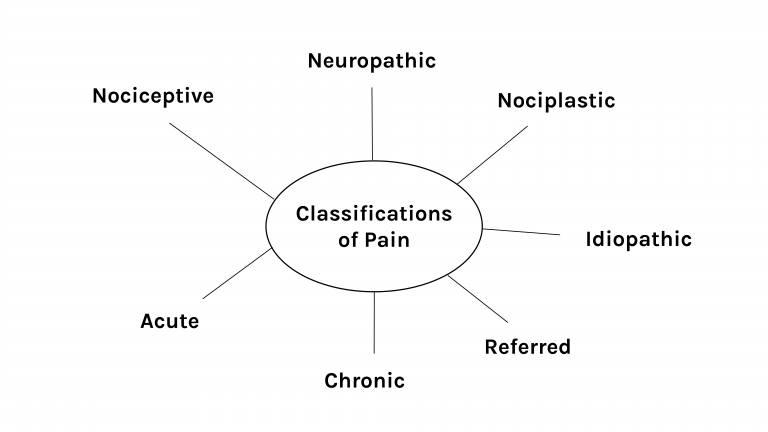Gut bacteria our health and what we can do (part 1)
- satishdhar
- Mar 31, 2024
- 4 min read
Updated: Apr 2, 2024
#Tejasvani knowledge desk
When a doctor wishing to produce a product for gut health and I started seeking suggestions the best I got was from one young researcher quoting Donald Rumsfeld (famous secretary of US Defense:
there is what we know, what we think we know, and an awful lot that we do not yet have a clue about.
gut microbiome weighs about 2kg and is bigger than the average human brain. It is a bustling community of trillions of bacteria, archaea, fungi, and viruses, containing at least 150 times more genes than the human genome. We are filled to the brim with microbes, which form microbiomes on our skin, in our mouths, lungs, eyes, and reproductive systems. These have co-evolved alongside us since the beginning of human history. But the gut’s is the largest and most significant for our short- and long-term health. It is massively complex and its residents vary enormously from person to person. According to a study in 2020 by the European Bioinformatics Institute, which pooled more than 200,000 gut genomes to create a genetic database of human gut microbes, 70% of the microbial populations it listed – 2,000 species – had not yet been cultured in a lab and were previously unknown.
Studies suggest having a diverse population of gut microbes is associated with better health. But when human populations urbanize, microbial diversity declines. Professor Jack Gilbert microbiome scientist at the University of California San Diego and author of Dirt Is Good. “Over the past 80 years and since the dawn of antibiotics, there has been multi-generational loss of microbes that appear to be important for human health,” he says. “They are passed from mother to child [during birth, via breastmilk and skin contact] throughout the generations, but at some point, in the last three or four generations, we lost some. We are not entirely sure if the cause was our lifestyle, our diet, cleanliness in our homes or the use of antibiotics. We are also missing certain immune stimulants that people in the developing world have plenty of.”
Gut microbes do things the gut cannot do, liberating or synthesizing nutrients from food, especially from plants and their polyphenols, living off non-digestible substrates, producing thousands of metabolites – useful chemicals –and making vital short-chain fatty acids that are involved with immunity, with keeping the gut and colon healthy, with moderating the body’s inflammatory responses and with the metabolism of glucose.
The great opportunity – but also the great difficulty – of gut microbiome science is that poor gut health is associated with such a vast range of conditions, from obesity and degenerative brain diseases to depression, inflammatory bowel disease and chronic inflammation. “The microbiome is associated with everything,” “Pick a disease, it is associated,” says James Kinross. The microbiome is like a convergent science – you have to be an ecologist, a geneticist, a bioinformatician, a clinician and an epidemiologist, to try to make sense of it.”—and he must know -- a microbiome scientist and surgeon at Imperial College London.
And in USA they already have fiber specialty advisors.
Tim Spector’s 30-year-long study of 15,000 twins, TwinsUK, and his PREDICT studies have shown that even genetically identical people respond to the same foods very differently (our microbiomes are so variable that twins share only 30% of the same gut microbes). By feeding participants the same meals on different days, he was able to show that responses to the same meals also vary hugely between individuals, influenced by both the microbiome and genetics. This matters, says the ZOE team, because our response to food is linked to our risk of heart disease, type 2 diabetes, and obesity, but also because it blows apart the tired and useless mantra “calories in, calories out”, which does not make sense in a world where two people’s blood glucose levels can be hugely different after eating the same slice of cake.
If our microbes are so important, can’t we just package up the right ones and put them in a pill? Professor John Cryan is chair of the department of anatomy and neuroscience at University College Cork and principal investigator at the APC Microbiome Institute. “We will get strains of bacteria to have beneficial effects,” he says, but he laughs when I ask him how he feels about probiotics. “That is like asking me, ‘Do I like drugs?’ If I have a pain in my head, I want to take a drug that has efficacy for headaches. I would not just randomly pick one. But that is what we are doing with probiotics right now. The science needs to catch up. We are lumping them together as if they are the all the same thing, but, like drugs, they may do very, very different things. We need to get precision into probiotics and then I can be excited about them. But most of what is out there is complete nonsense.”

Kimberley Wilson is a chartered psychologist and author of How to Build a Better Brain.
“The short-chain fatty acids produced from microbial fermentation of fiber [in the gut] are quite similar to some mood-stabilizing prescription drugs,” she says. “Some of the association that we see between healthier diets and better brain health could be because your microbes are producing psychoactive substances from your diet to help stabilize your mood. In the future, we might actually prescribe certain types of fibers for certain mental health conditions.” For now, she simply prescribes a lot more fiber to feed what many scientists now consider our second – much larger – brain. “The more fiber you eat, the more substrates the microbiome has available. And the better off we are going to be, psychologically. I think that is incredible.”
And this is background under which the new recipe will work.




Comments